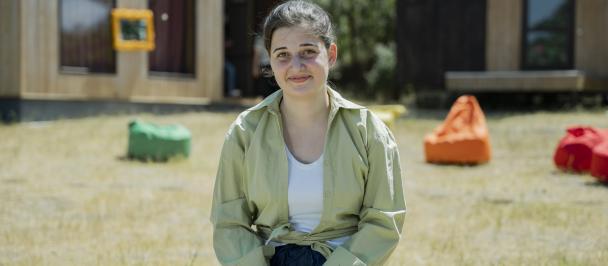From Plastic Production to a Circular Economy
March 23, 2023
“We are committed to addressing plastic recycling and reducing plastic pollution in the Kakheti region. For now, we reprocess around 30 tonnes of plastic waste monthly, aiming to increase this amount to 50 tonnes,” says Levan Iosebashvili, a young, 34-year-old entrepreneur and the head of LL Plast, a plastic packaging producer from Georgia’s Kakheti region.
LL Plast has been producing plastic packaging for the past 20 years. By then, plastic packaging production was considered a profitable business in Georgia while neither producers nor the public gave much thought to the environmental consequences of plastic packaging production. Today, however, LL Plast and other packaging companies are responding to internal and consumer demand by transitioning to sustainable production methods and products, aiming to recycle and reuse plastic waste and create recyclable, biodegradable and environmentally friendly products.
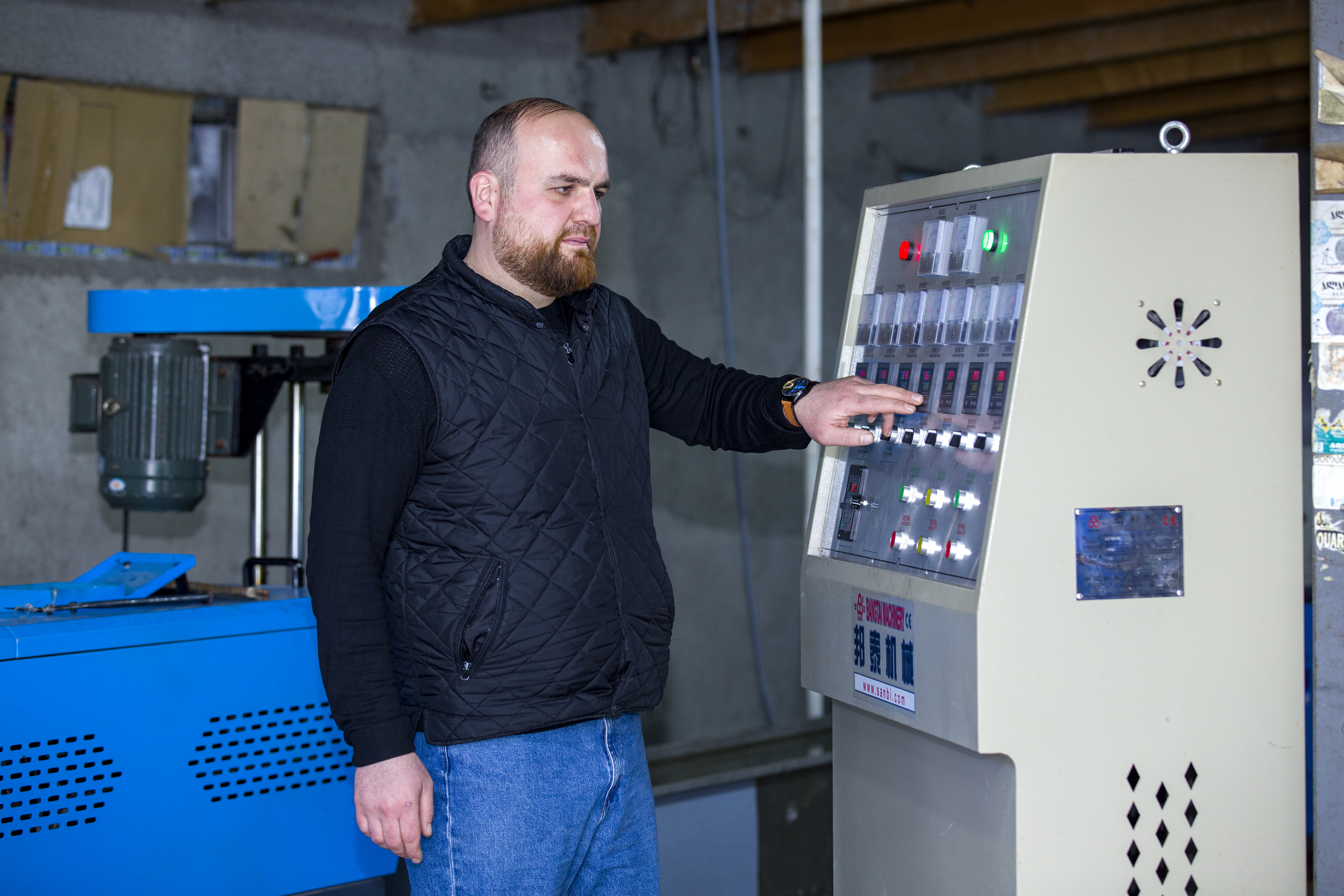
LL Plast joined the ranks of environmentally-savvy businesses in 2020. After entering Georgia’s European Union- and UNDP-supported Packaging Cluster/PMAG (Packaging Manufacturers Association of Georgia) the company purchased plastic processing equipment. This enabled LL Plast to open new production lines to recycle and reprocess up to 30 tonnes of plastic waste per month.
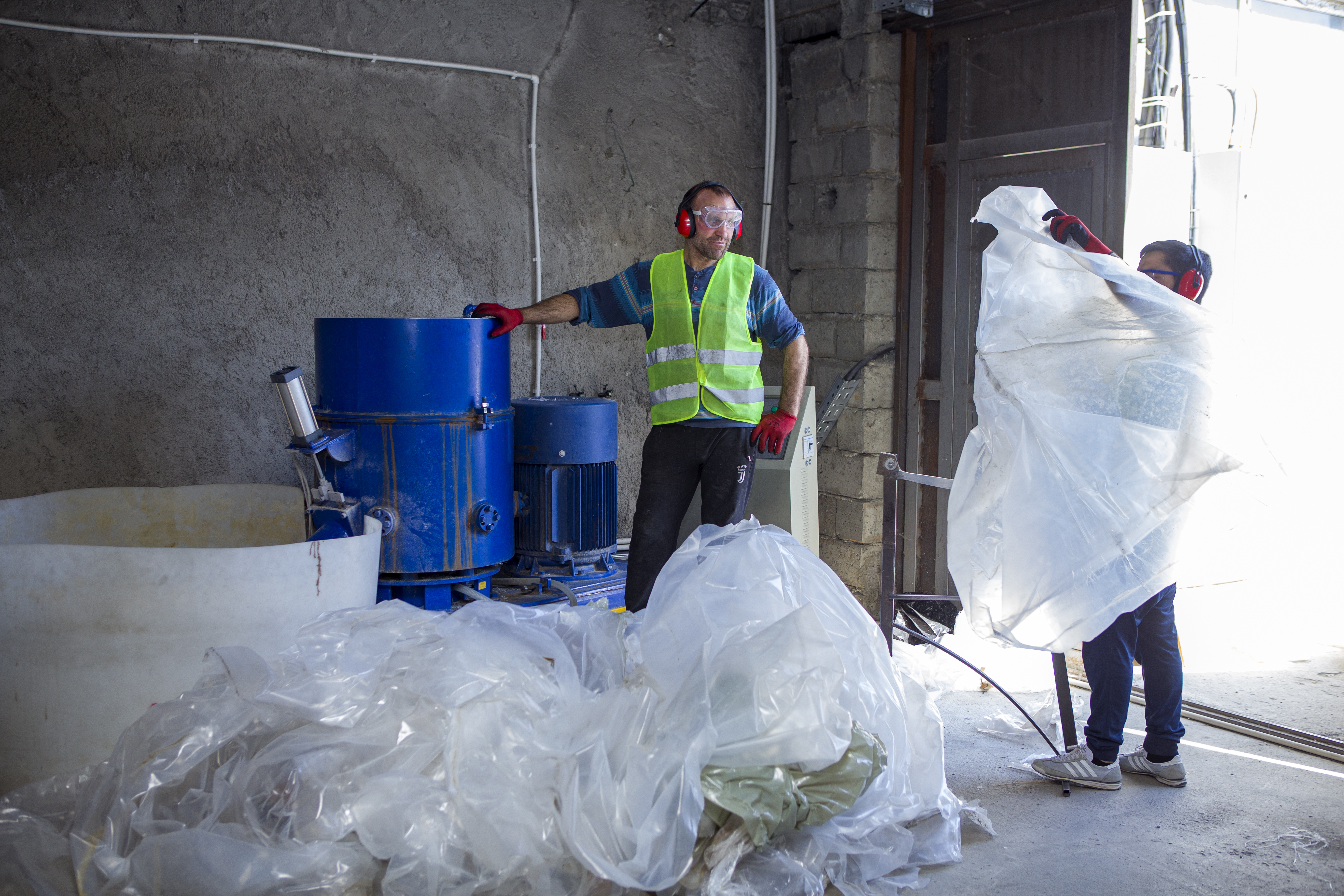
LL Plast’s business model is simple yet highly effective: the company collects plastic waste from shops, factories and production plants in the Kakheti region and reprocesses it into new products. Doing so, LL Plast has achieved a waste collection rate of 60 percent.
“Plastic waste litters our forests, roads and even courtyards. But now we have the modern equipment to shred, recycle, and reuse this secondary plastic,” says Ketevan Zuriashvili, who started working at LL Plast after the new production line opened.
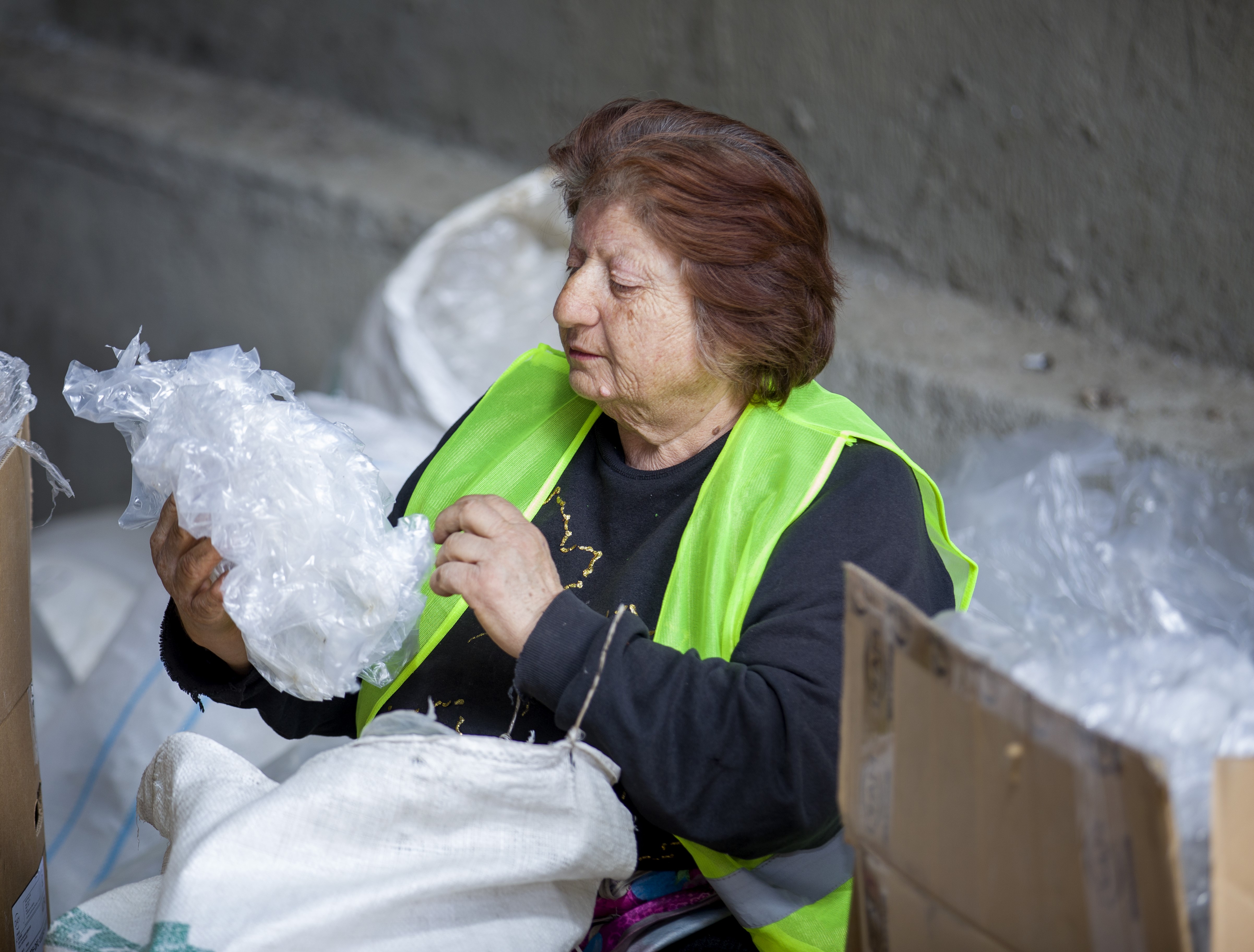
The transition to plastic recycling and reuse has brought LL Plast impressive economic results. Eight new jobs have been created, dependence on production imports was decreased by 50 percent, costs were reduced by 20 percent and total productivity was increased by 30 percent, and productivity of the recycling component was even more impressive, having doubled.
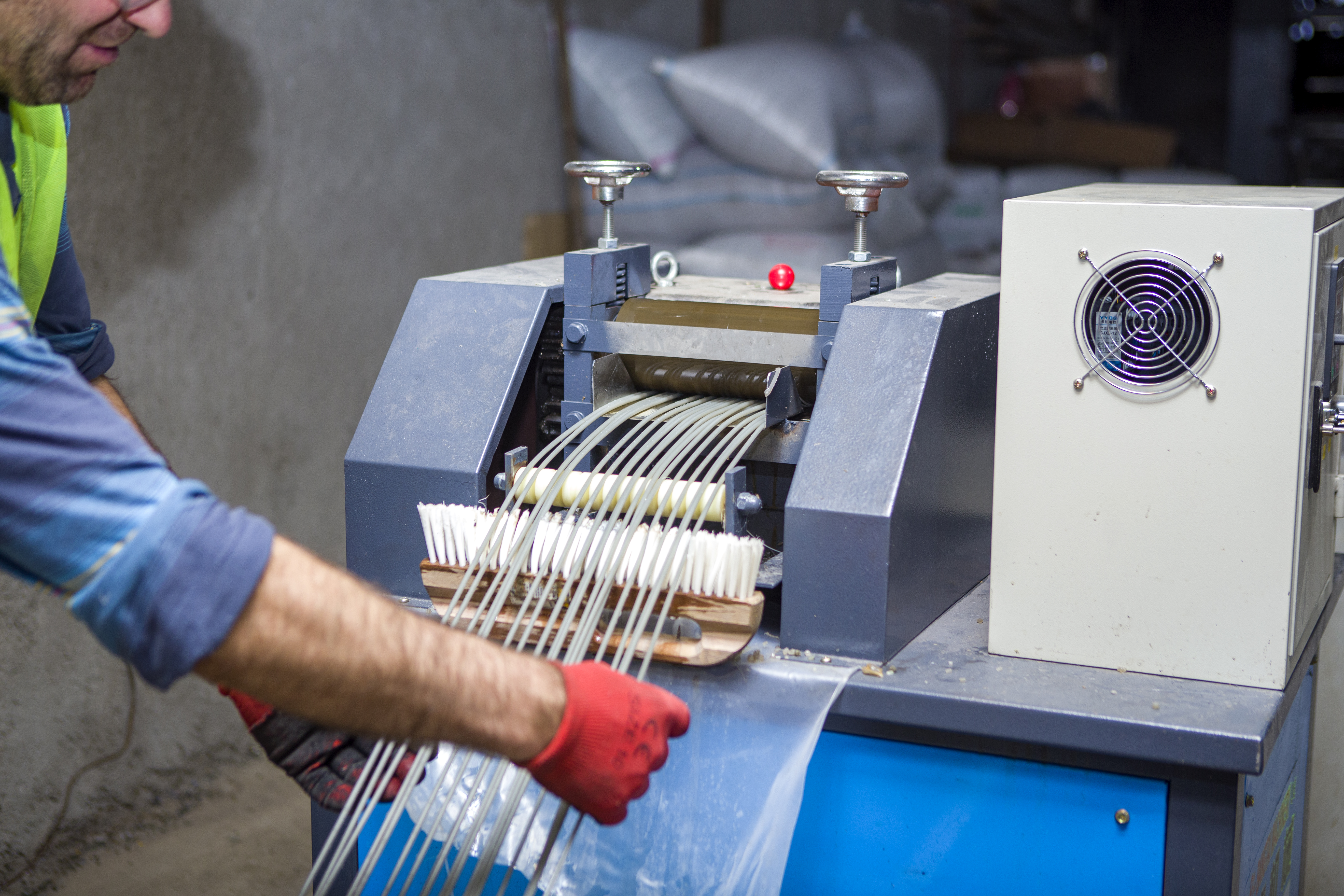
“Thanks to the packaging cluster membership, we have received the international TUV – AUSTRIA certificate, which confirms that our company takes full responsibility for replacing plastic production with bio-products if necessary,” says Iosebashvili.
LL Plast is among the Georgian companies that understand a circular economy's environmental and economic benefits and consider it an opportunity to build a successful business and a pathway to entering international markets.
Assistance from the EU, UN, and other international partners paves the way for such companies to switch to sustainable production and take their place in tomorrow’s economy.
Background Information:
The EU Innovative Action for Private Sector Competitiveness in Georgia is the EU-funded EUR5.7 million initiative implemented by UNDP, the Food and Agriculture Organization, the United Nations Industrial Development Organisation, and the International Organization for Migration in cooperation with Georgia’s public and private sectors. It aims to promote entrepreneurship, improve legislative frameworks, increase access to finance and strengthen cooperation with the EU Member States.
Disclaimer:
This story has been produced with the assistance of the European Union and UNDP. Its contents do not necessarily reflect the views of the EU and UNDP.

 Locations
Locations





